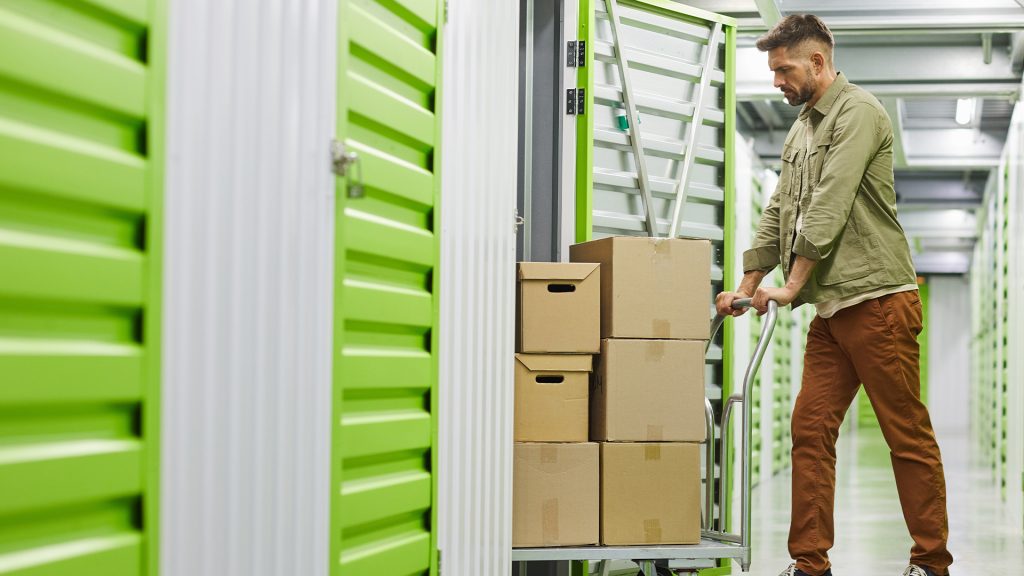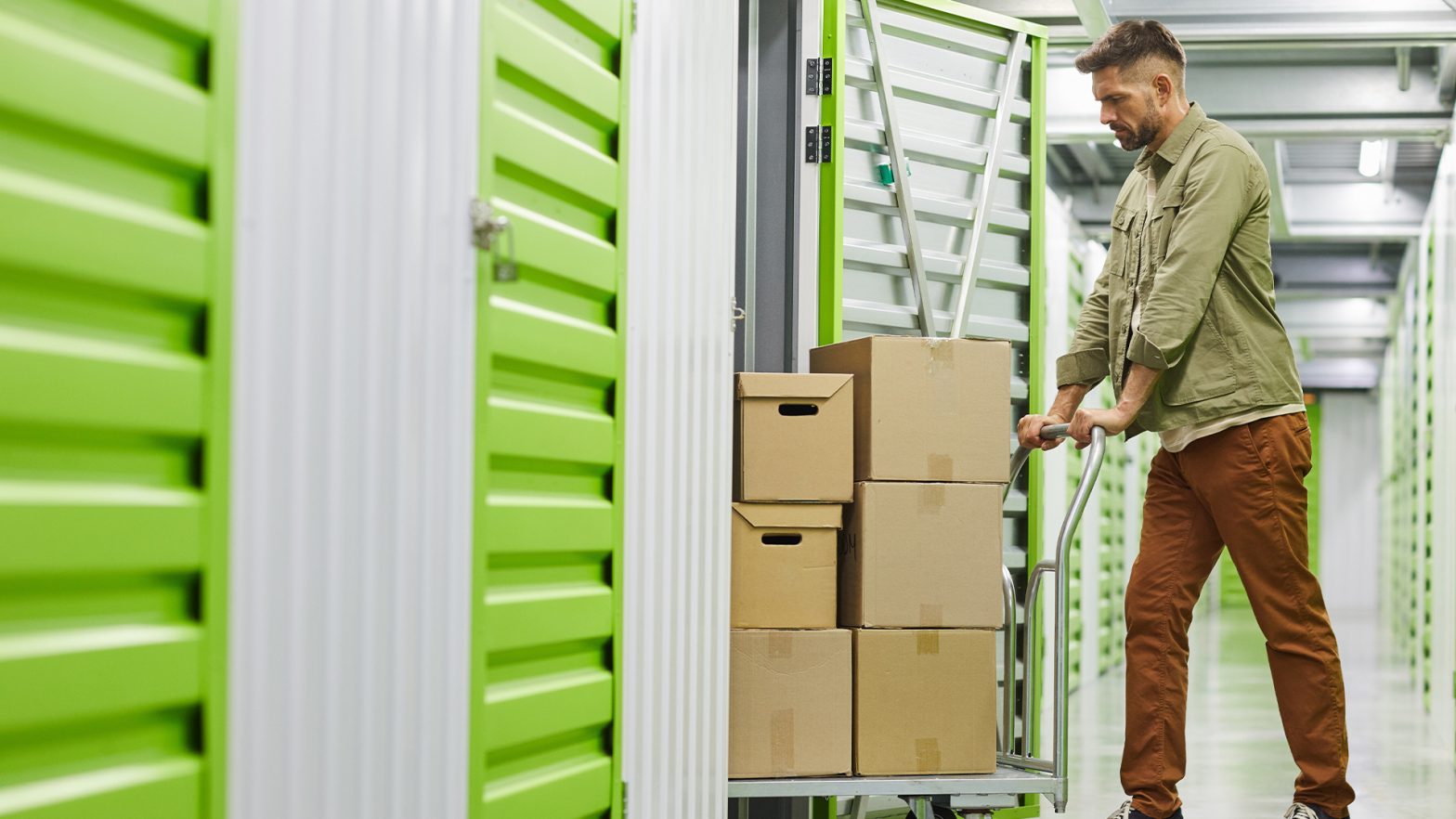
The current cost-of-living crisis is no doubt putting people’s savings to the test. 91% of British households report that the price of their food shops keeps increasing month on month, with 81% admitting their utility bills are constantly on the rise, too.
Various industries across the country are feeling the impact of the existing volatile climate, and the self-storage sector is no different.
According to data from the Self-Storage Association’s 2023 annual report, 17% of customers say that their need for self-storage has changed due to the cost of living. What’s more, 36% of clients believe that self-storage services can be a bit too expensive, putting increased pressure on their finances.
But what else is important to bear in mind in these economically challenging times? Cleveland Containers, a leading shipping container expert that supplies more than 500 self-storage operators nationwide, provides an insight into how the current situation is shaping the self-storage sector.
Future business developments
One of the most noticeable effects of the cost-of-living crisis on the self-storage industry is that it could be holding back any plans for business developments. But is it really halting the ambitions of organisations in the industry?
Andrew Thompson, Chief Executive Officer of the Cleveland Group, which consists of Cleveland Containers, Cleveland Hire and Cleveland Modular, said: “There is no hiding that the increased cost of living and rising inflation rates are taking their toll on companies’ revenue across many sectors.
“When it comes to the self-storage industry, 22% of self-storage companies across the country have reduced their plans to invest in new sites, citing cost of living as the main deterrent.
“But that said, a large percentage of self-storage organisations are staying faithful to their expansion plans. The remaining 78% are not as fazed by the unpredictable nature of these volatile times and are continuing their development with new 10ft or 20ft containers as planned.
“What’s more, external container storage suppliers – in particular – have the benefit of being very flexible. They can buy a couple of shipping containers at a time and grow in line with customer demand, meaning they are not spending too much money at once without knowing whether the investment will be fruitful or not.
“When all containers are full, all they need to do is order a few more to accommodate new consumers.”
Housing market crisis
Due to rising mortgage rates and high inflation, people’s demand for new homes has recently dropped.
At first, this might suggest that consumers are less likely to opt for self-storage services, as almost 36% identify moving houses as a reason for using self-storage space. With less money in their pockets, people might not feel comfortable changing homes any time soon.
However, especially in the rental market, the current cost-of-living challenges are forcing house-hunters to opt for smaller properties. The imbalance between supply and demand has triggered record rental growth, meaning that tenants are moving out in search of more affordable solutions.
This, in turn, is likely to lead to a greater need for self-storage space, with 7% of consumers saying they have already been using storage units to keep their belongings more often than usual.
Price sensitivity
Another aspect to keep in mind is price sensitivity. In the current climate, people aren’t prepared to spend money on products and services they can compromise on or simply go without. However, self-storage is often temporary and necessary, bringing plenty of essential benefits that outweigh the costs.
In terms of fares and solutions, as mentioned, some people think they can be a bit too costly. Instead, others who have never required this kind of service before may ignore the average self-storage rate range, with 25% of consumers admitting they have no idea what to expect.
For this reason, it is important for businesses in the sector to stick to good-value offerings, as this will favour demand and ensure better customer retention rates. In this respect, many organisations provide incentives for newly joined customers, such as discounted fees for the first month or two.
As things stand, 60% of users believe that self-storage solutions are a convenient option, whereas the remaining percentage is split between people who think they are pricey or with no strong opinion.
In these challenging times, helping customers could give your self-storage business the boost you need to move forward.
The cost-of-living crisis is having a significant impact on most industries across the UK. From housing market troubles to price sensitivity and fewer development plans, the current situation is affecting the self-storage world, too. But with a few stats and tips, you can navigate these stormy times with more confidence.




























